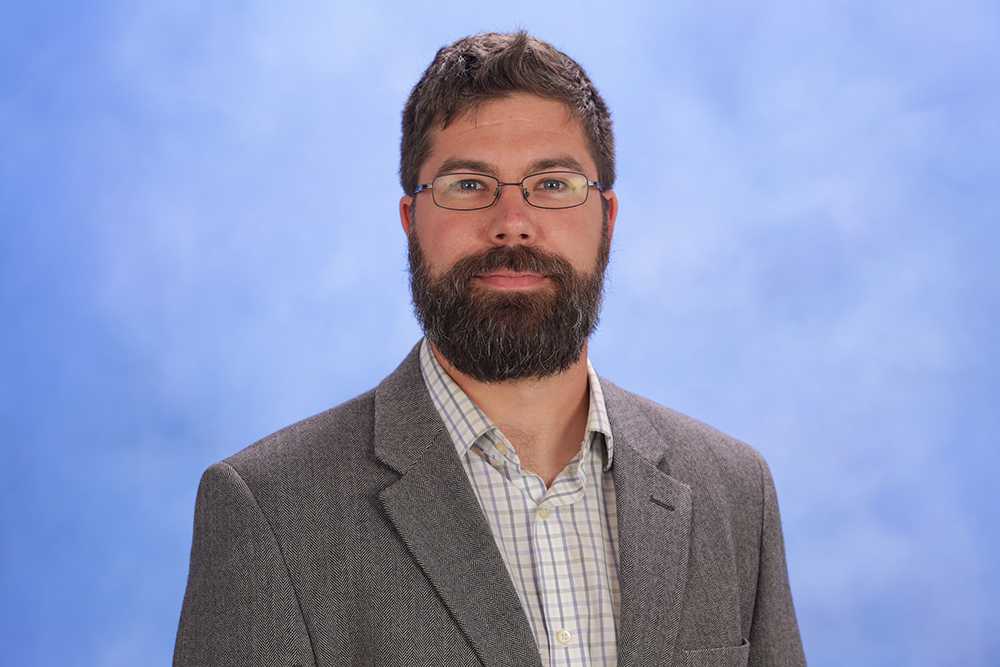Study of how COVID tourism decline influences Belize’s coastal waters earns NASA grant

Image collected
A study to investigate what sort of COVID-19 related decline in tourism might reduce human impacts that affect coastal water quality in Belize earned a twelve months, $50,000 NASA Rapid Response grant for the associate dean of the faculty of Science at The University of Alabama in Huntsville (UAH), a part of the University of Alabama System.
The coastal area of Belize includes the greatest barrier reef in the northern hemisphere. Coral reef and marine habitat, and the tourism they attract, are huge resources of revenue for the united states.
Dr. Robert Griffin, an atmospheric and Earth science professor, was focusing on a NASA project to review the reef’s health when COVID-19 created the water quality research opportunity. Beneath the grant, Griffin and his team are studying how decreased tourism impacts urban and agricultural point and nonpoint resources of water pollutants.
“We are partnering with the Wildlife Conservation Society in Belize to venture out and collect water quality samples of predefined areas off the coast of Belize,” Dr. Griffin says. “These will be analyzed in a lab in Belize for nutrient and sediment loads, and we will utilize the field data to calibrate the satellite data we are collecting.”
The study is a fantastic exemplory case of using combined methods and a space-to-ground approach to data collection, he says.
“This aligns with this larger Belize study, which is focused on coral reef health in the US Educational, Scientific and Cultural Organization (UNESCO) World Heritage barrier reef site,” Dr. Griffin says.
But this study focuses on how water quality has, is, and can change therefore of COVID-19 related lockdowns in Belize, he says.
“The normally very substantial tourism industry was shut down, but agricultural activities continued so the idea is to see contributions each of these sources have to water quality in this area - which, of course, has implications for reef health.”
It’s a unique possibility to see how much tourism plays a part in water pollution and runoff when compared to other industries, says Dr. Griffin.
“Mostly we’re concentrating on nutrients like nitrogen and phosphorous in the water, which are indicative of larger processes of non-point source pollution,” he says. “Because we have a natural test out the shutdown, we are able to isolate what some of these sources are and estimate their contributions to overall water quality.”
The study’s findings can help Belize’s Department of the surroundings understand the impacts of various kinds of land use on overall water quality in the Belize lagoon and offer a baseline for understanding how these impacts might impact coral reef and marine habitat health.
Dr. Emil Cherrington, a study scientist at UAH’s Earth System Science Center (ESSC) is dealing with Dr. Griffin, leveraging ESSC’s resources and the Department of Atmospheric and Earth Science to conduct the land cover part of the research.
Dr. Deepak Mishra, a University of Georgia associate professor of geography and a researcher at its Center for Integrative Conservation Research, has been collaborating wth his team to give attention to remote sensing of water quality. Nicole Auil-Gomez from the Wildlife Conservation Society and her team are concentrating on data collection.
“Grants like these are critical to opportunistic data collection during events like this,” Dr. Griffin says. “Thanks to the NASA Rapid Response and Novel Research in Earth Science program and Dr. Laura Lorenzoni, in addition to the NASA Biological Diversity and Ecological Forecasting program led by Dr. Woody Turner.”
Source: https://www.uah.edu